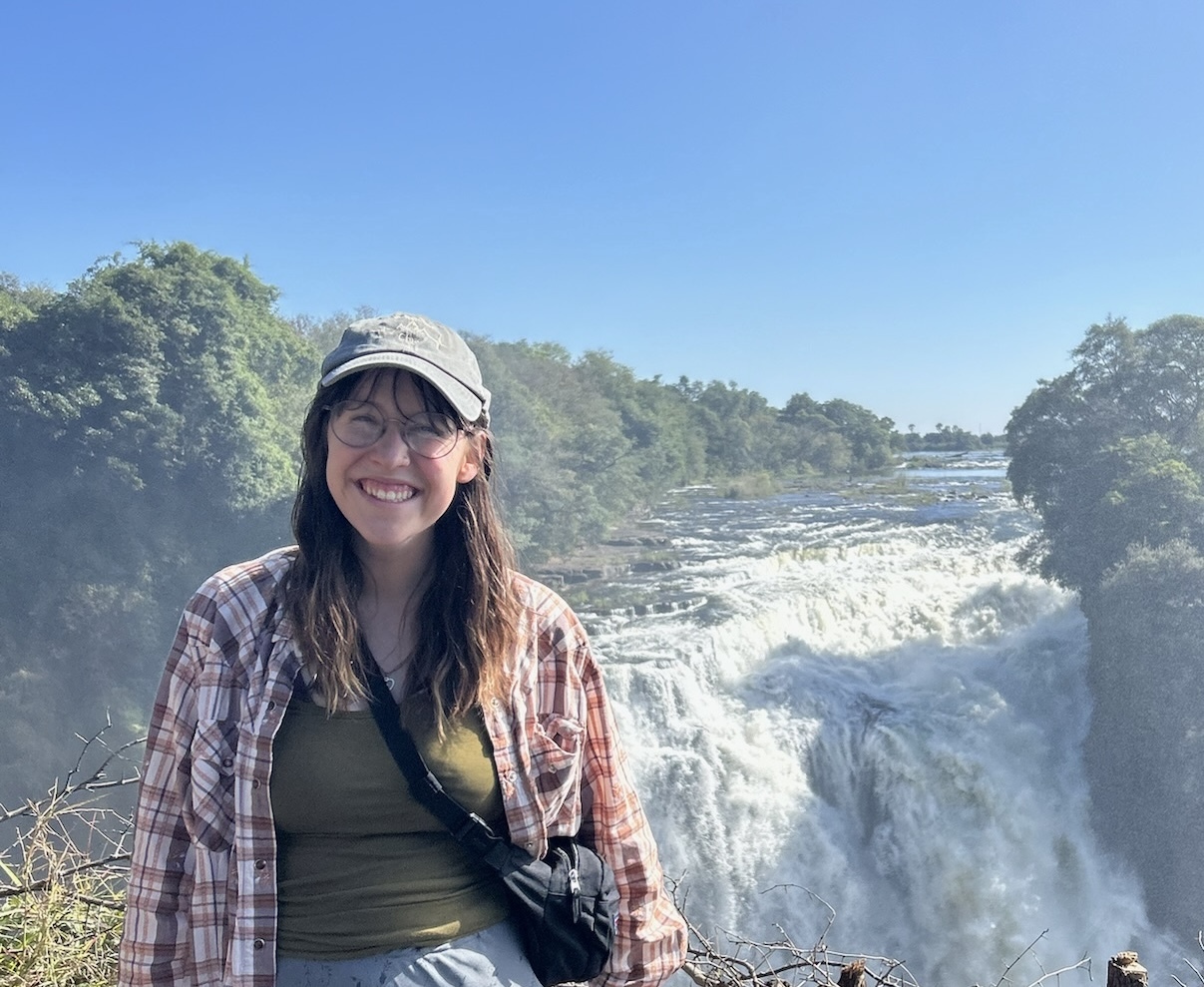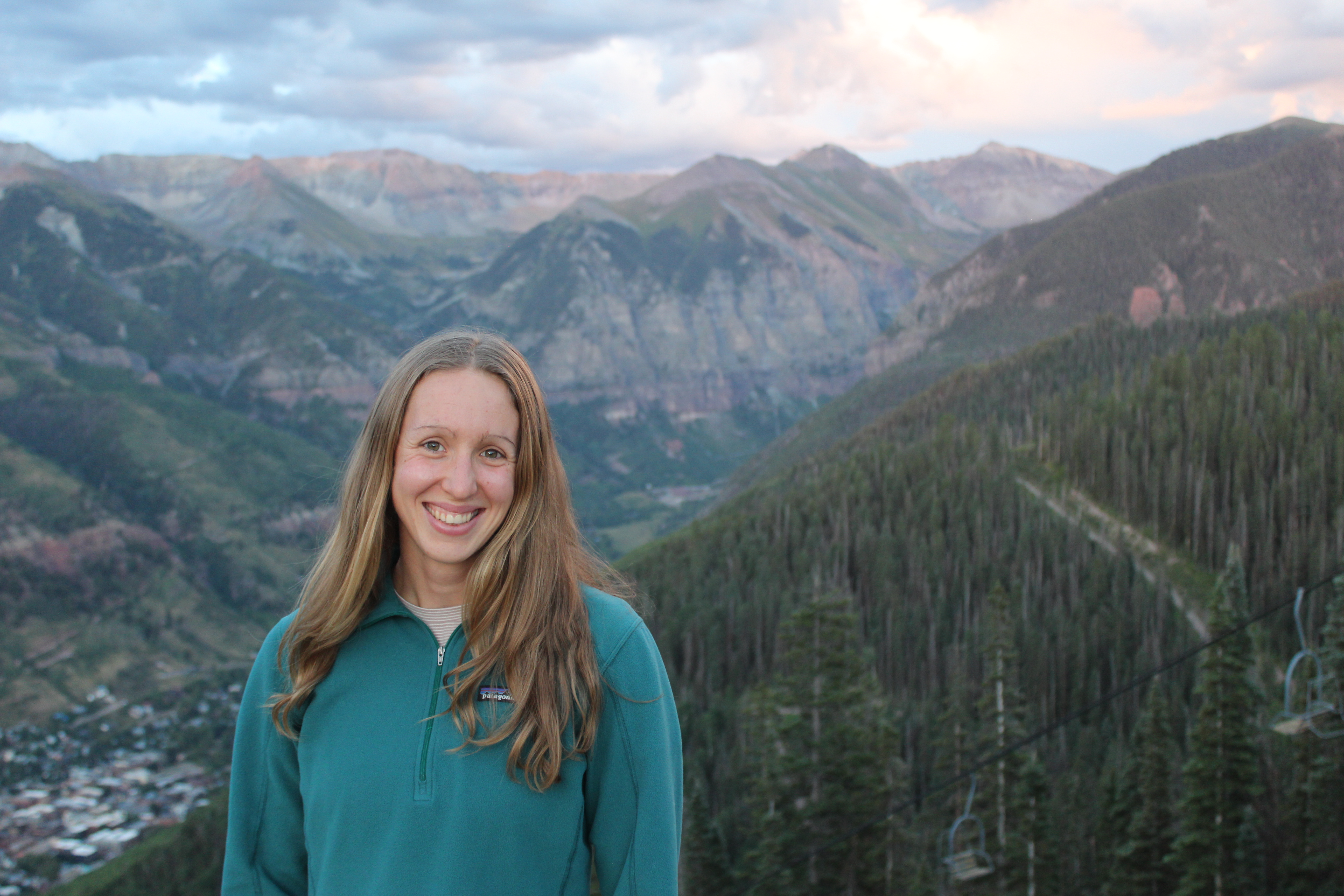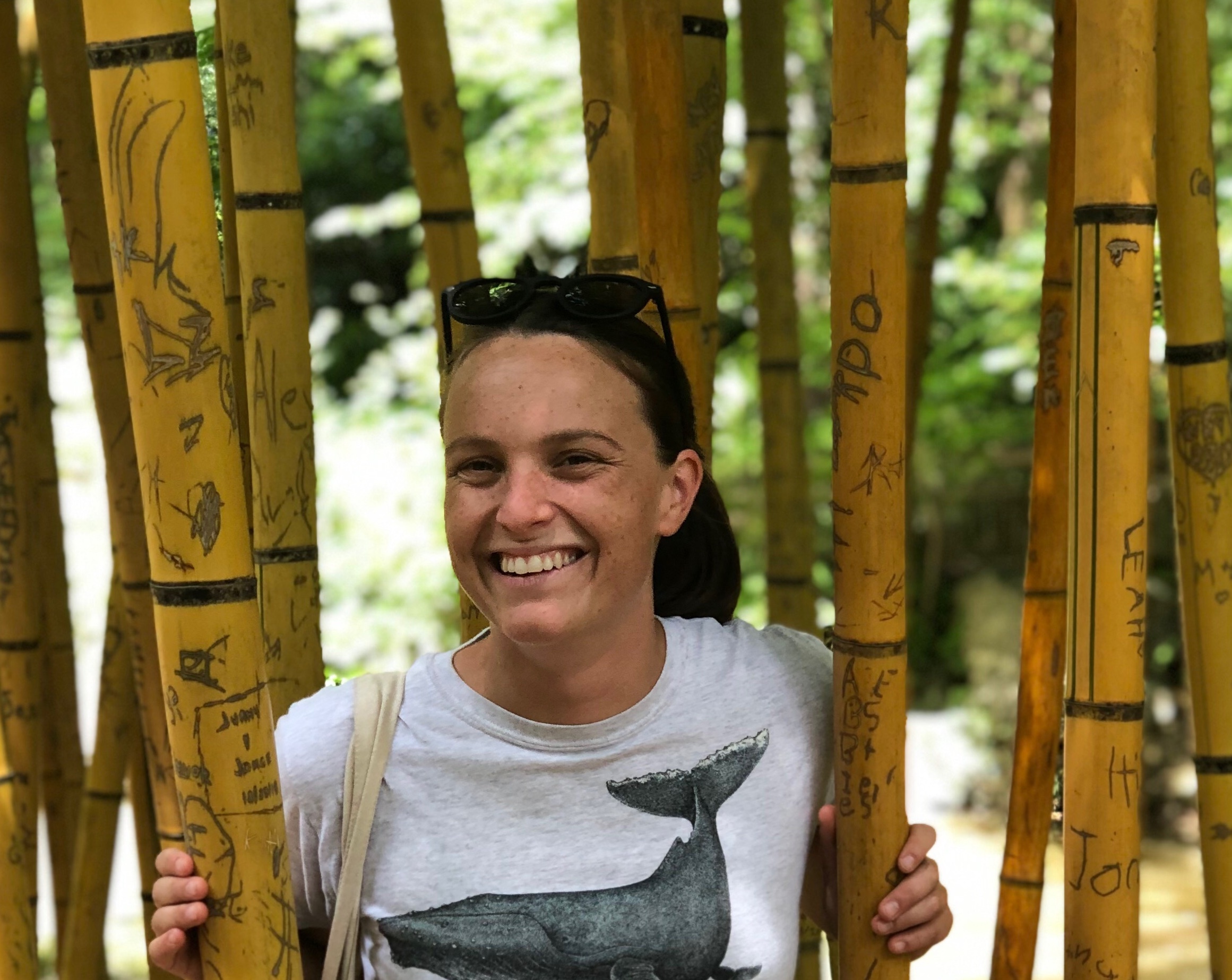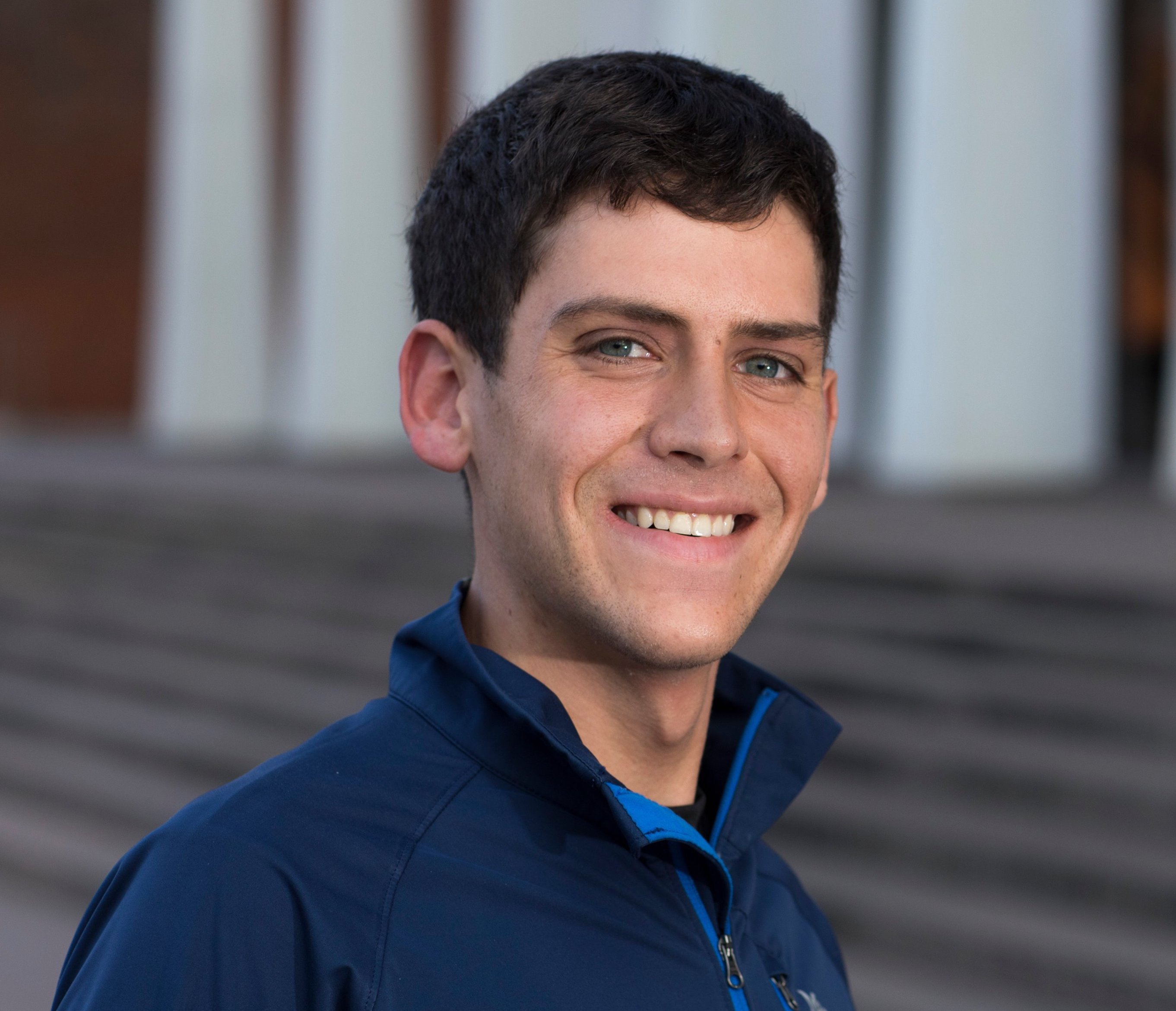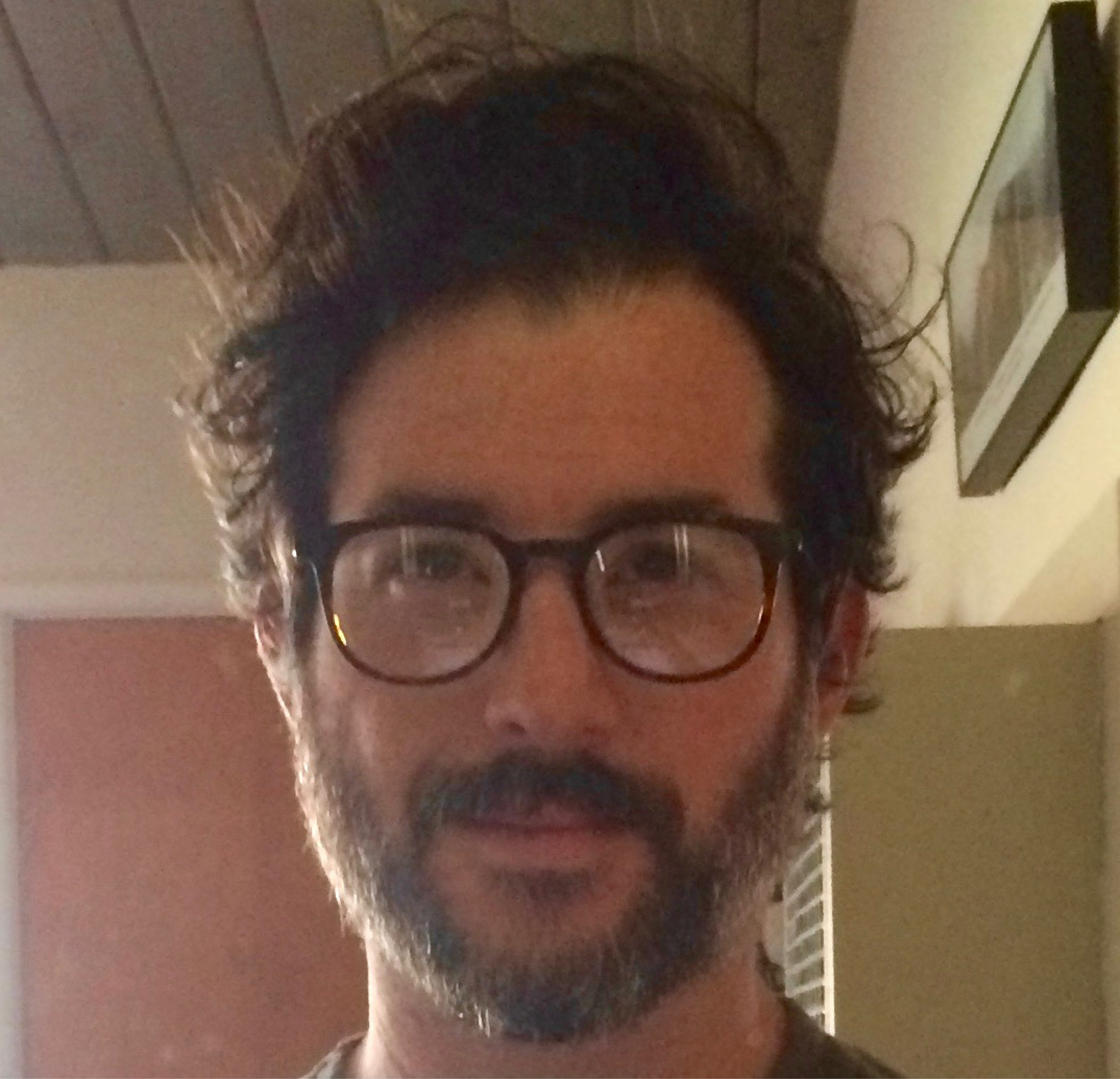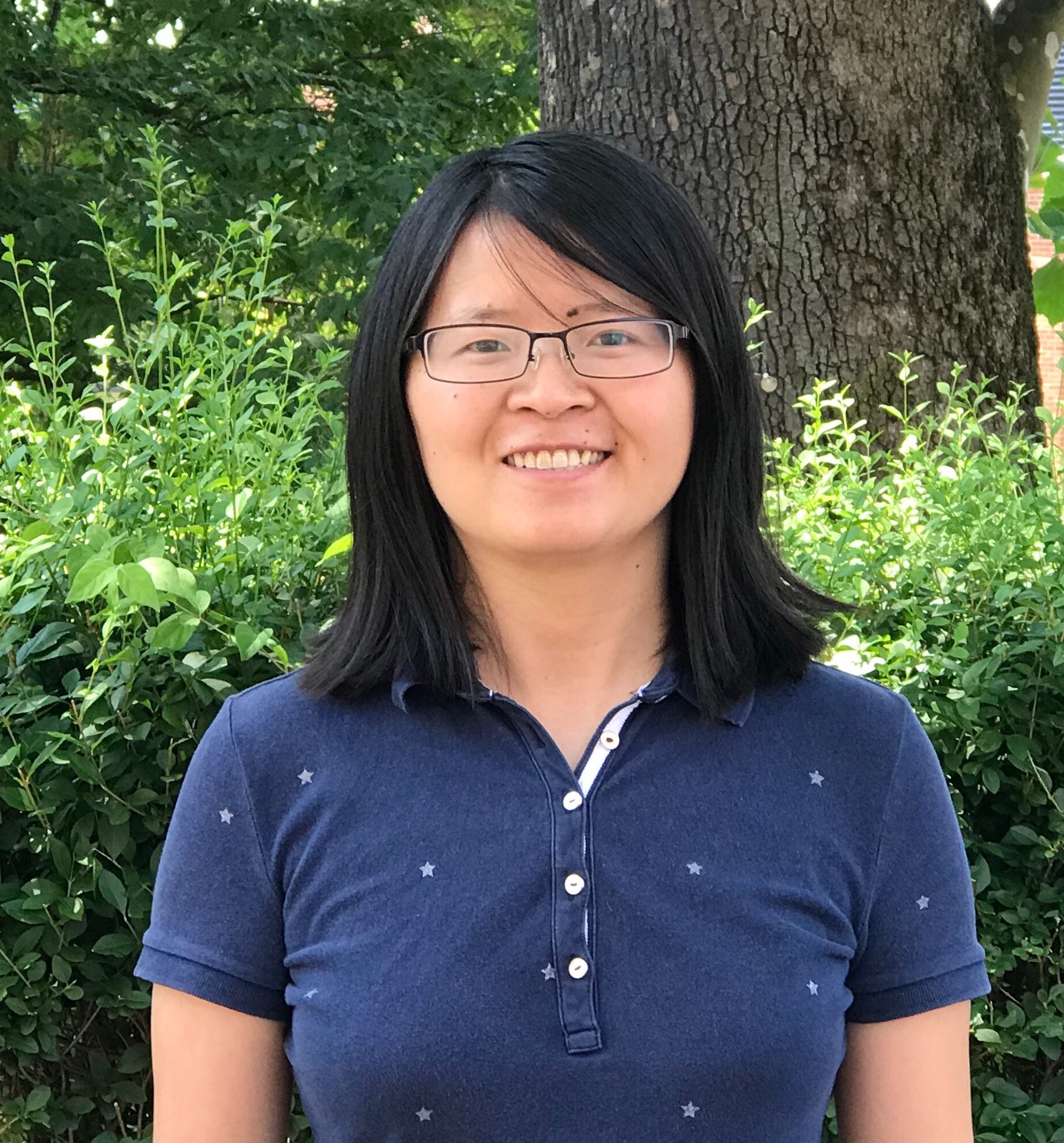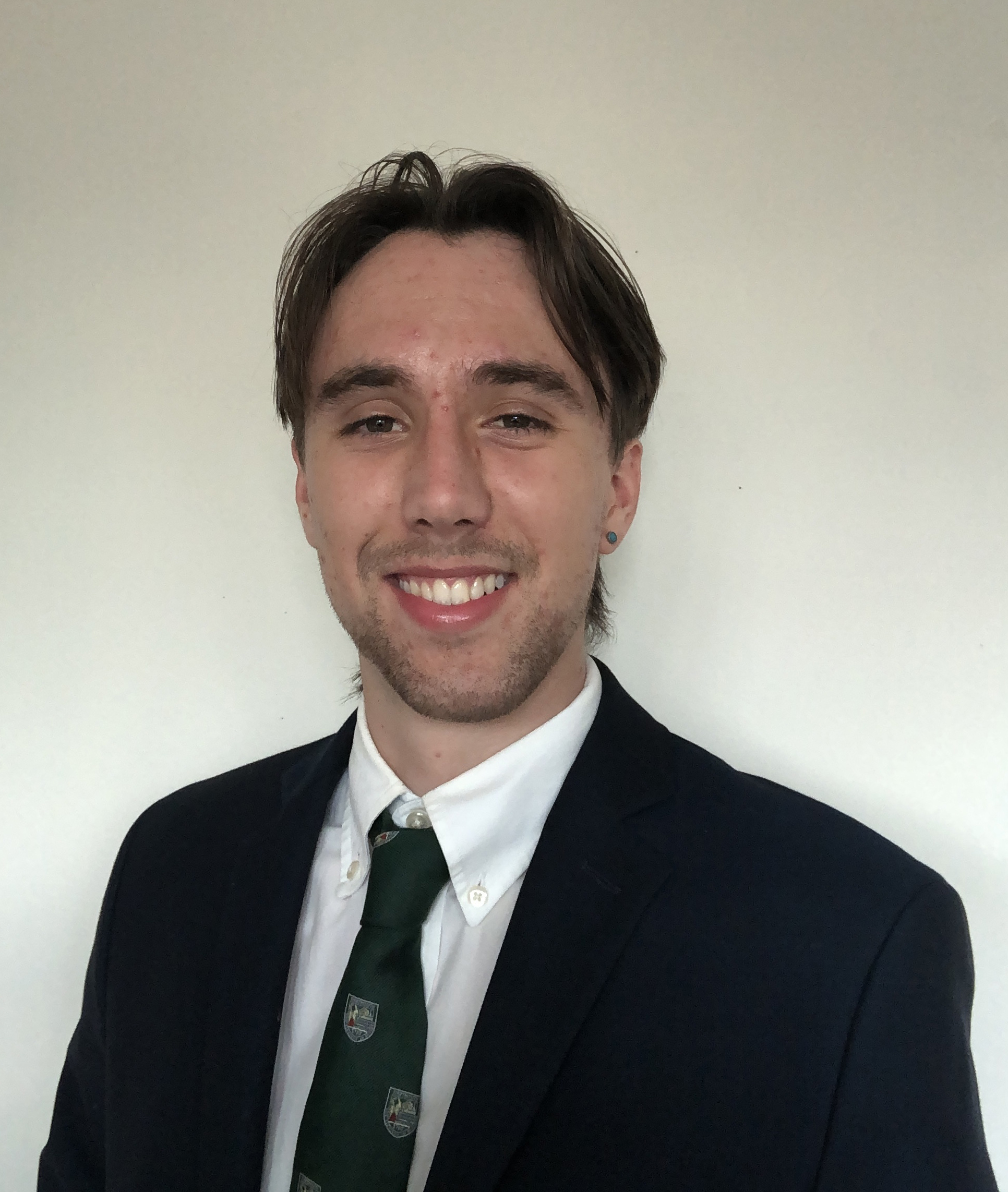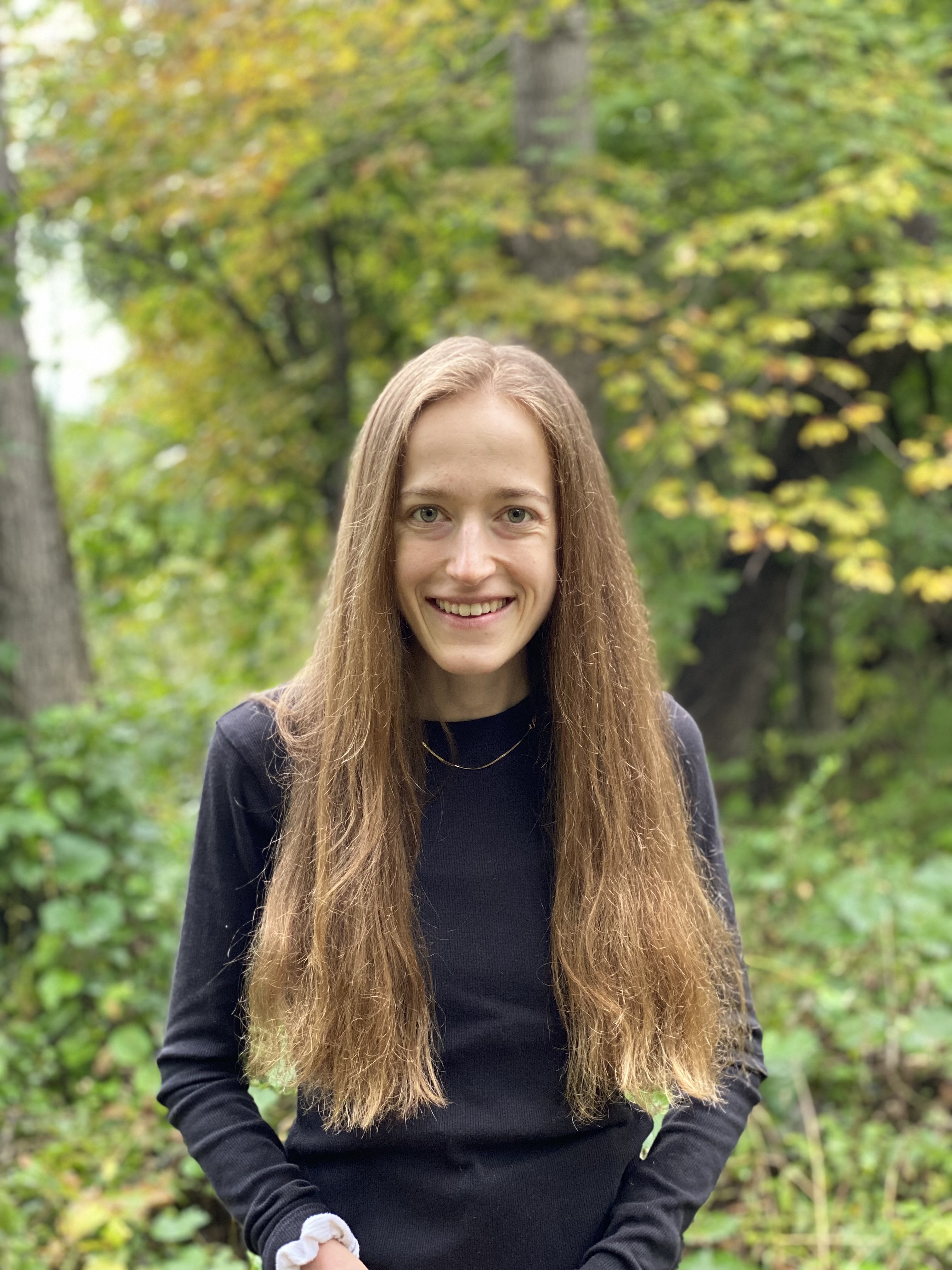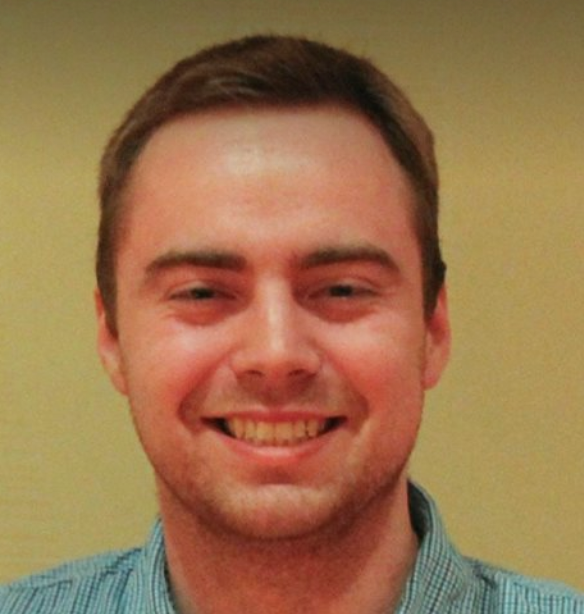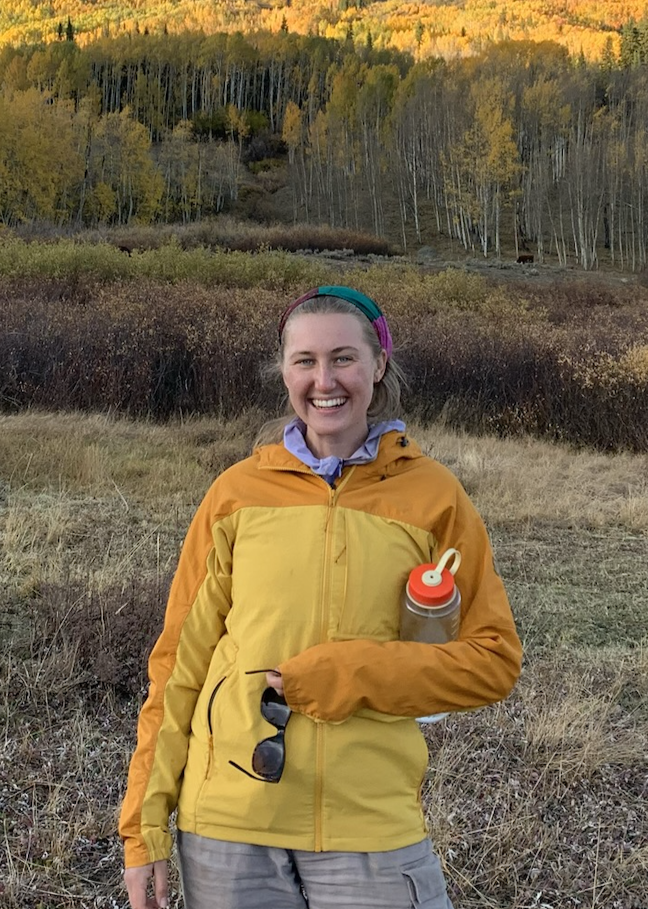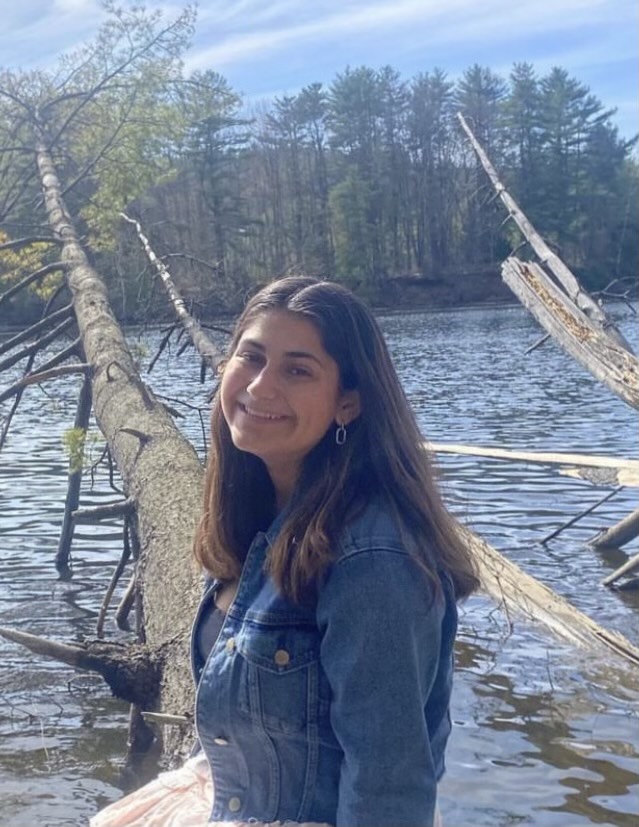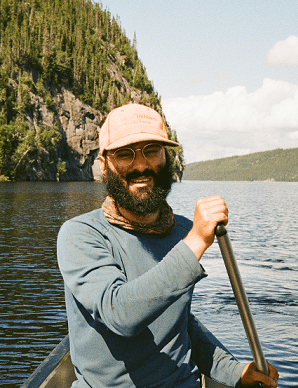Research
The Dartmouth Climate
Modeling & Impacts Group (CMIG) works to characterize the origins
and consequences of climate variability
and change.
In particular, our group is interested in where,
when, and how climate affects people and the
natural and managed systems they care about.
Beyond
identifying the risks of various climate impacts, we work to
understand the physical processes governing such impacts, and
diagnose and improve model representations of the processes that
generate uncertainty in climate risks.
Our research spans
a number of projects, including the following:
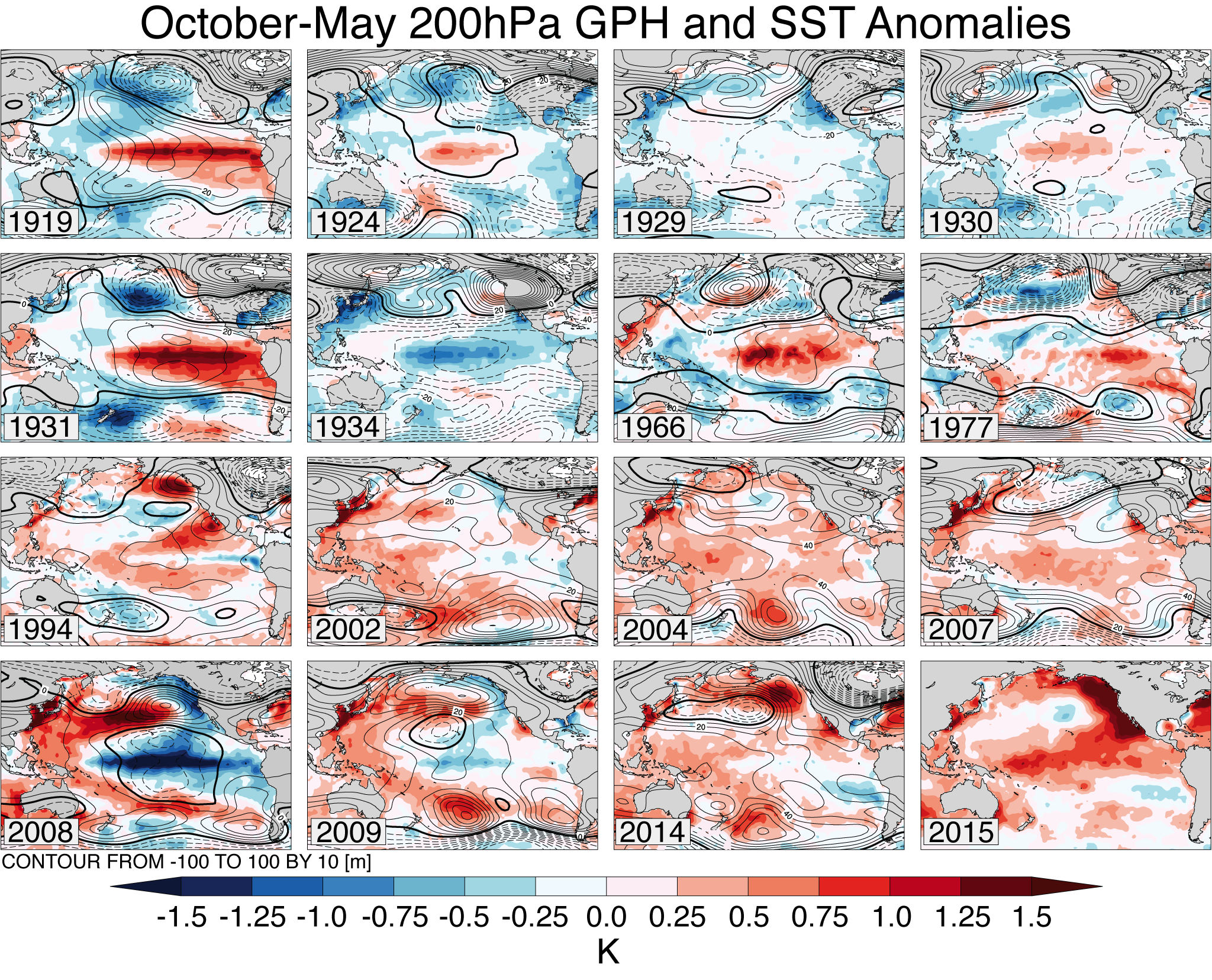
Hydroclimatic variability and dynamics
What combinations of low- and high-frequency ocean-atmopshere variability generate droughts? Our work aims to understand the forcings of hydroclimatic variability using paleoclimate data, instrumental observations, and models. As part of this, we investigate and diagnose the drivers of historical hydroclimate changes and the consequences for terrestrial climate and hydrology — from low-frequency modes of internal variability to vegetation-atmosphere interactions. Current projects include examination of modes of variability and the land surface in shaping historical drought events and the drivers of persistent drought risks in forced versus unforced climates.
see → publications
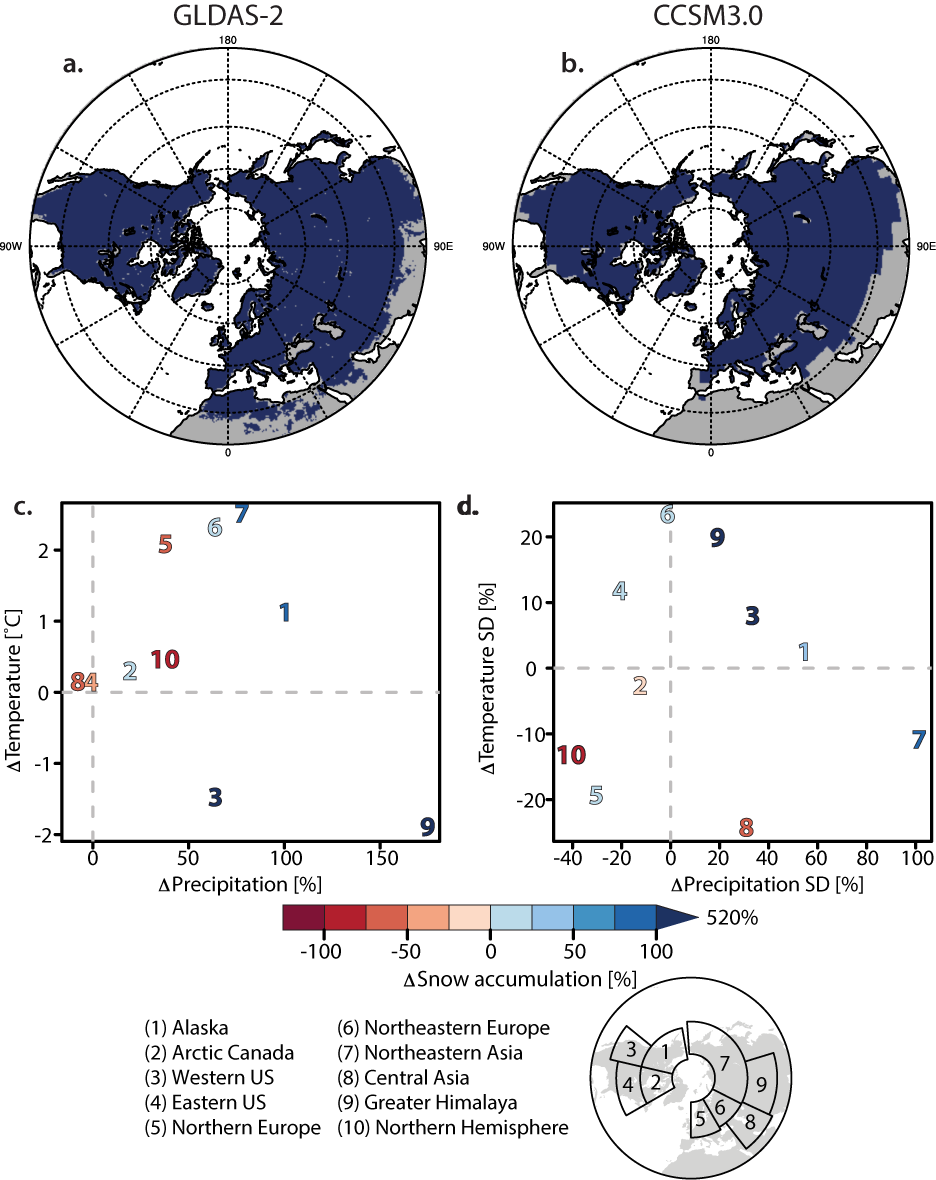
Model diagnosis and evaluation
How well do models simulate the real-world Earth system processes we care about and what are the model schemes responsible for structural uncertainties in such processes? There is a high degree of uncertainty in future climate changes, for example, due to the range of scales required to simulate things like precipitation and turbulent fluxes in models and the uncertainty inherent in a complex climate. Our work aims to understand the sources of model response uncertainty and constrain such uncertainty using data-model comparisons to improve model fidelity (and the prediction of the range of climate outcomes this coming century). Current projects include the role of land surface schemes and assumptions (pariticualry vegetation and snow) on hydroclimate and hydrology.
see → publications
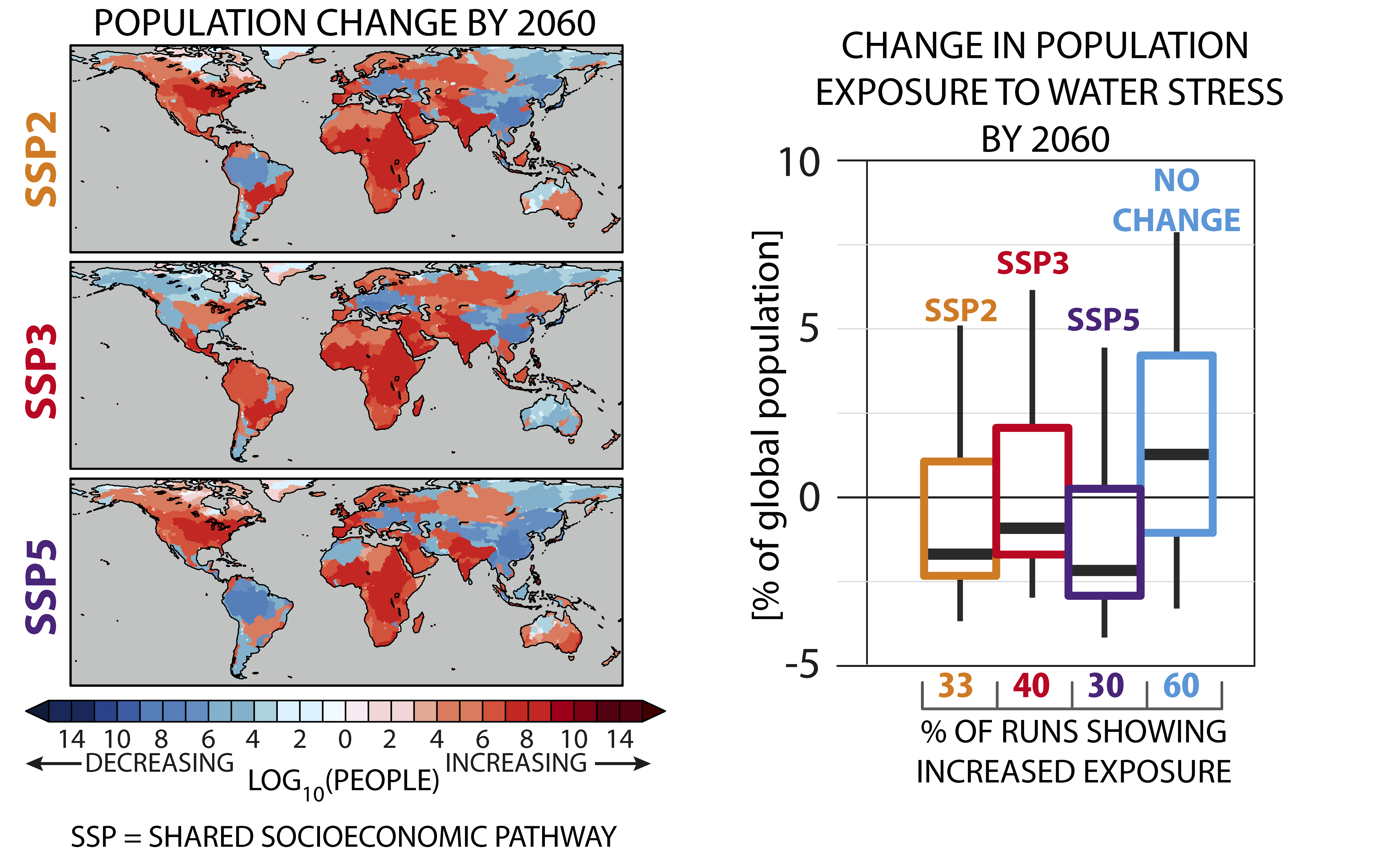
Human and ecosystem impacts of climate change
Translating the range of outcomes in physical climate impacts is insufficient to understand what such impacts imply for people and the systems they value. For example, snow is projected to melt in a warmer world, but the human impacts of reduced snowpack depends on where and how people use snow. The aim of this work is to incorporate other sciences, both social and natural, to translate physical climate impacts into impacts on people and ecosystems. Current projects include an examination of the risks of declines in future water availability given human water demands and reconciling top-down and bottom-up approaches to identifing climate-driven impacts on agriculture.
see → publications
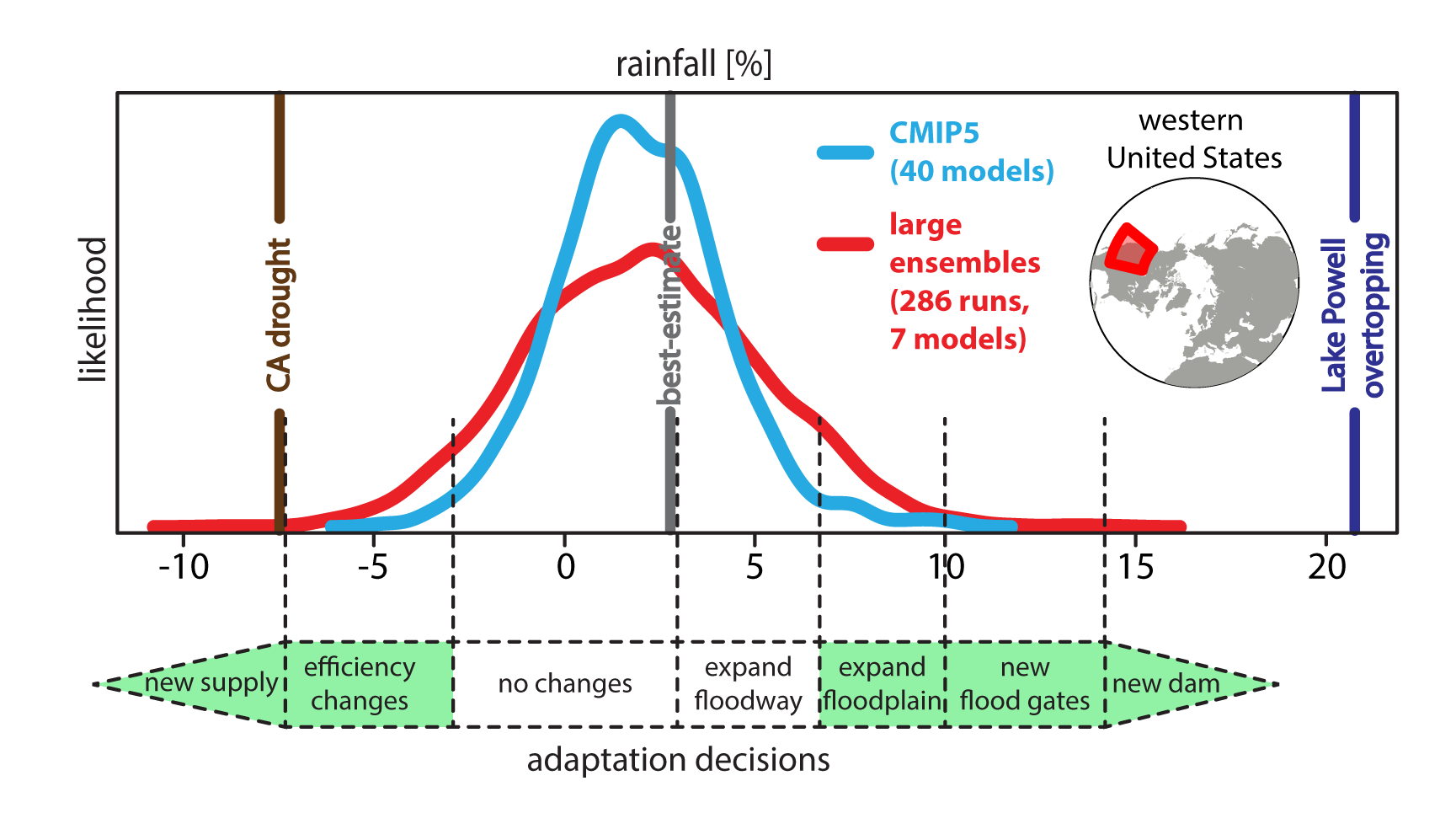
Adaptation decision-making
We know that model-simulated internal variability is sufficient to mask, amplify, or reverse the direction of anthropogenically-forced trends in temperature, circulation, and precipitation at large spatial and temporal scales, complicating adaptation decisions. Characterizing the most likely climate outcome is not sufficient for planning. Rather, quantifying the full extent of outcomes from internal variability under global warming is key to enable robust adaptation in the face of uncertain climate threats. Current projects include identification of the time of emergence and distribution of benefits of adaptations.
see → publications
